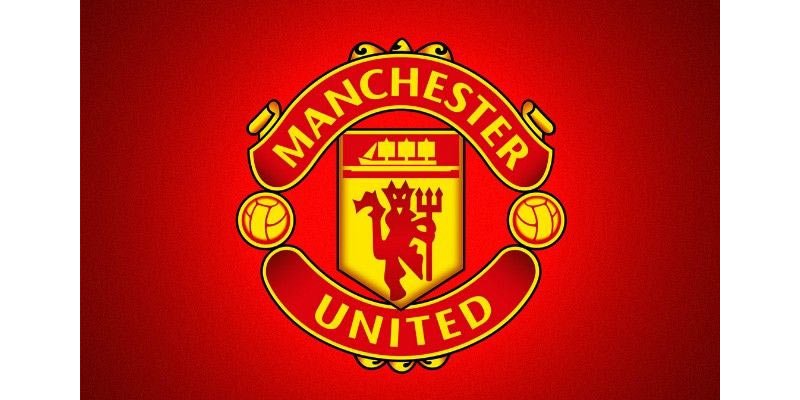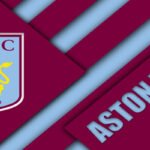Manchester United FC is not just a football club; it’s an emblem of passion, tenacity, and unparalleled legacy intertwined with the cultural fabric of England and beyond. With its deep-seated history and colossal influence on modern football, Manchester United FC has garnered a global following that transcends borders. As we delve into the rich narrative surrounding this iconic club, we will explore its historical milestones, legendary players, remarkable achievements, and much more j88lk.com.
History of Manchester United FC
The roots of Manchester United FC can be traced back to 1878 when the club was founded as Newton Heath LYR Football Club by railway workers from the Lancashire and Yorkshire Railway Company. Initially playing in the local leagues, the club faced financial difficulties and nearly went bankrupt in the early 1900s. However, its fortunes changed dramatically in 1902 when local brewery owner John Henry Davies invested in the club, allowing it to clear its debts and rebrand itself as Manchester United FC.
Early Years and Formation
From its inception, Manchester United FC showcased potential with a commitment to playing attacking football. Their first significant breakthrough came in 1908 when they secured their first league title. This victory set the stage for a swelling reputation, culminating in their first FA Cup win in 1909. These accomplishments marked the beginning of a long-standing tradition of success.
The club continued to thrive, but not without challenges. The tragic events of the Munich air disaster in 1958 claimed the lives of eight players and had a profound impact on the club and its supporters. However, from the ashes of tragedy rose the indomitable spirit that would define Manchester United. Under the leadership of Sir Matt Busby, the team rebuilt itself, fostering a new generation of talent and returning to the pinnacle of English football.
The Busby Era
Sir Matt Busby’s tenure at Manchester United FC is often referred to as one of the most transformative periods in the club’s history. His philosophy centered on youth development, which led to the emergence of the famous “Busby Babes” – a group of exceptionally talented young players who would go on to redefine English football.
The highlight of this era came in 1968 when Manchester United FC became the first English club to lift the prestigious European Cup, defeating Benfica in the final. This victory not only underscored the club’s resurgence but also signaled its arrival on the European stage.
The Ferguson Revolution
In 1986, Sir Alex Ferguson took the helm of Manchester United FC, and what followed was nothing short of revolutionary. Over 26 years, he transformed the club into a footballing powerhouse. Ferguson’s strategic acumen, combined with his ability to nurture young talents, resulted in a dominance that remains unrivaled in English football history.
Under Ferguson, the club won an astonishing number of trophies, creating a dynasty that included multiple Premier League titles and Champions League triumphs. His departure in 2013 left a void that would challenge subsequent managers to uphold the standards set during his illustrious reign.
Key Players in Manchester United FC History
Throughout the ages, Manchester United FC has been home to some of the game’s greatest talents. Each player has contributed uniquely to the club’s legacy, leaving behind stories that resonate with fans across the globe.
Legends of the Past
Players like George Best, Bobby Charlton, and Denis Law are etched in the annals of Manchester United FC history.
George Best, known as much for his extraordinary dribbling skills as for his charismatic personality, helped redefine the role of the winger. He inspired a generation of fans with his flair and creativity on the pitch.
Bobby Charlton, a survivor of the Munich disaster, became an emblematic figure for Manchester United FC. His remarkable vision and goal-scoring prowess made him a pivotal player in the club’s successful return to prominence in English football.
Denis Law, another forward legend, formed a formidable trio alongside Best and Charlton, famously known as the ‘Holy Trinity’ of Manchester United FC. His goal-scoring abilities were integral to the team’s successes during the 1960s.
The Golden Generation
The late 1990s and early 2000s saw the rise of a new generation of stars, including Ryan Giggs, Paul Scholes, and David Beckham.
Ryan Giggs, the club’s all-time appearance record holder, exemplified loyalty and consistency. His exceptional pace and crossing ability made him a nightmare for opposing defenders.
Paul Scholes, often referred to as the “little general,” dazzled fans with his passing range and vision. A product of the famous Class of ’92, he played a crucial role in many of the team’s triumphs during the Ferguson era.
David Beckham brought glamour to Manchester United FC with his pinpoint crosses and trademark free-kicks. His popularity extended beyond football, making him a global icon and enhancing the club’s brand value.
Modern Icons
In more recent times, players such as Cristiano Ronaldo, Wayne Rooney, and Marcus Rashford have added to the club’s rich legacy.
Cristiano Ronaldo’s two stints at Manchester United FC showcased his evolution into one of the best players of all time. His unmatched work ethic and athleticism led to numerous accolades, including multiple Premier League titles and a Champions League trophy in 2008.
Wayne Rooney, the club’s all-time leading scorer, personified the spirit of Manchester United FC. Known for his fierce determination and technical skills, Rooney played a pivotal role in the club’s successes during the 2000s and early 2010s.
Marcus Rashford, a product of the academy, has become a beacon of hope for many young fans. Beyond his on-field performances, his activism off the pitch has further solidified his status as a true ambassador for the club.


